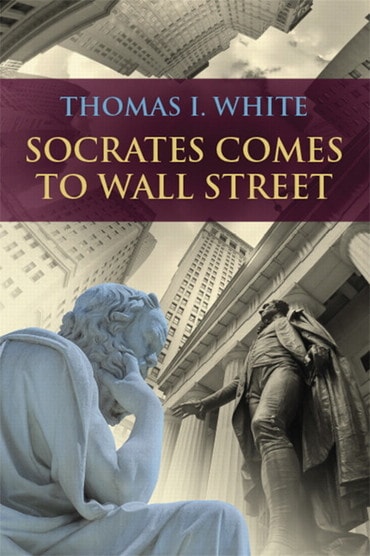Switch content of the page by the Role togglethe content would be changed according to the role
Socrates Comes to Wall Street, 1st edition
Published by Pearson (January 13, 2015) © 2016
- Thomas I. White Loyala Marymount University
$106.66
Need help? Get in touch

Digital Learning NOW
Extend your professional development and meet your students where they are with free weekly Digital Learning NOW webinars. Attend live, watch on-demand, or listen at your leisure to expand your teaching strategies. Earn digital professional development badges for attending a live session.
